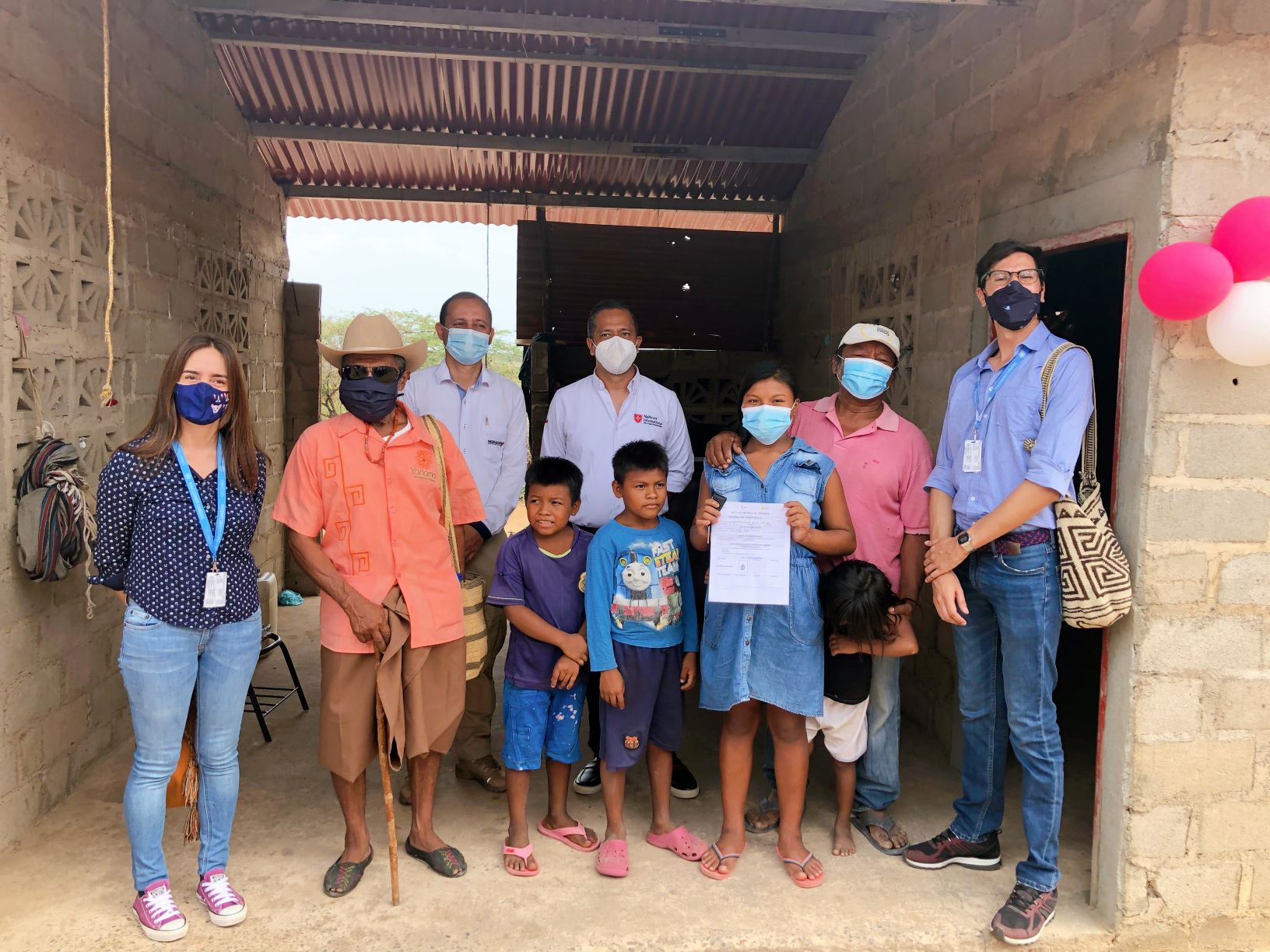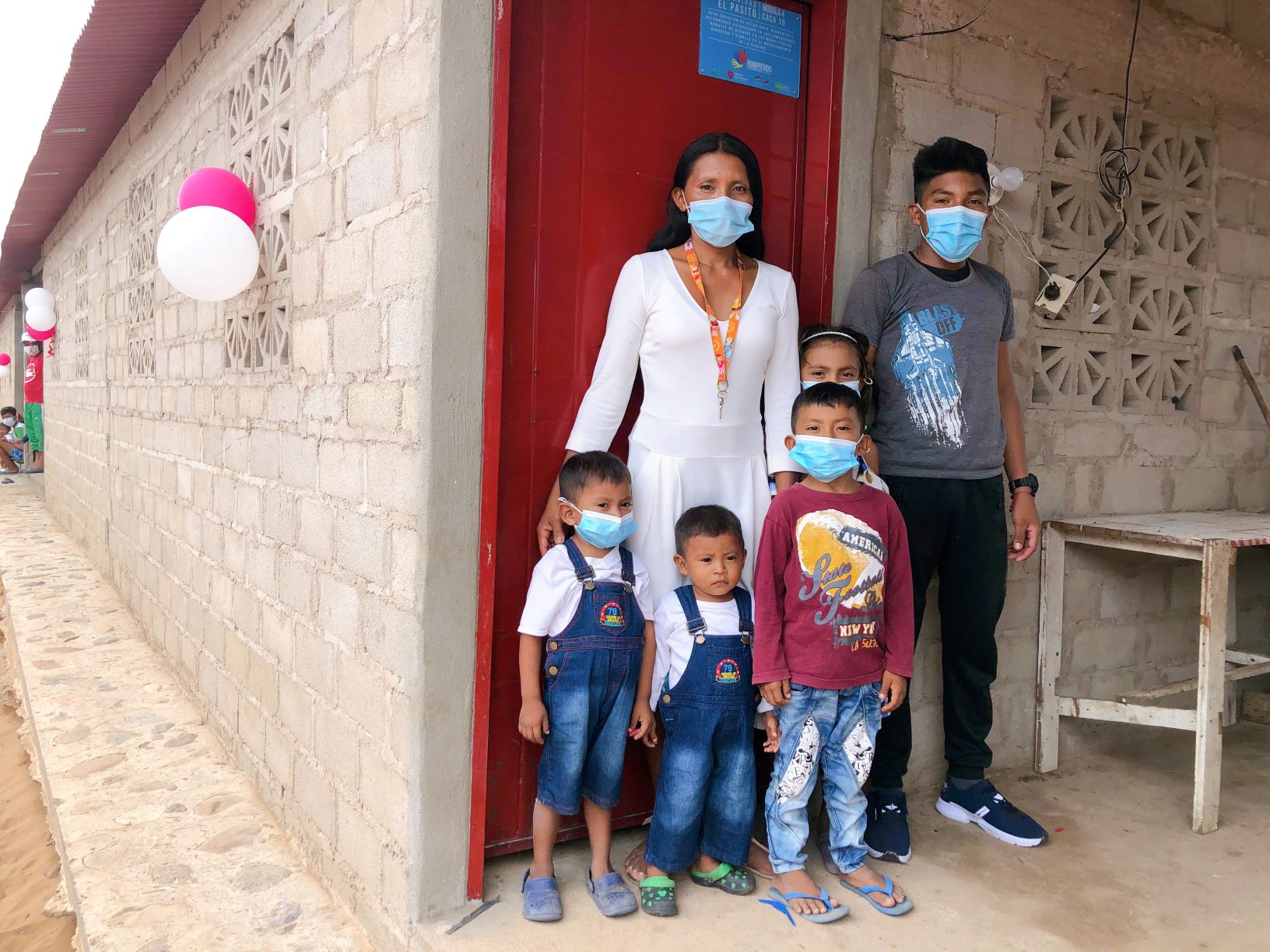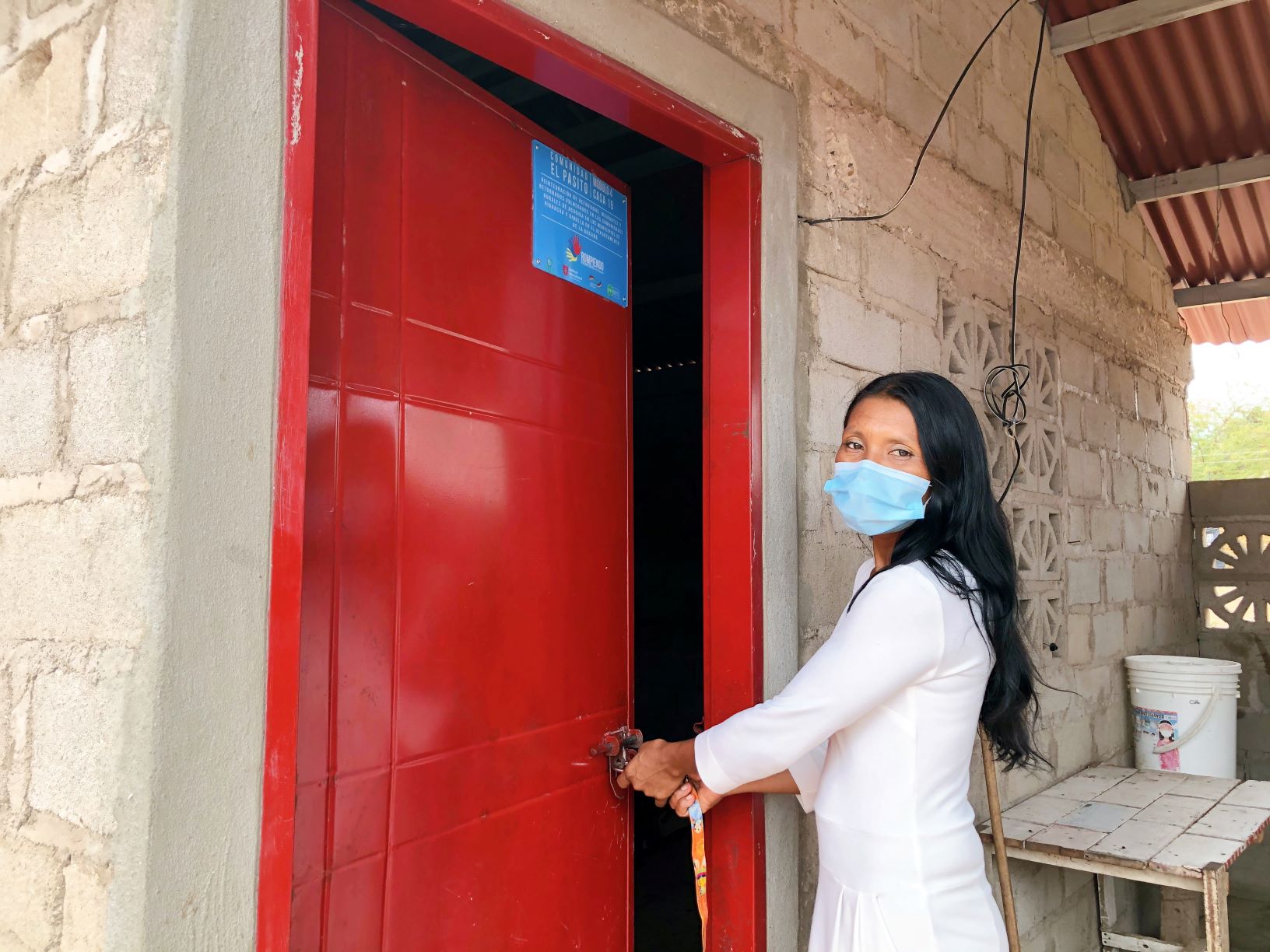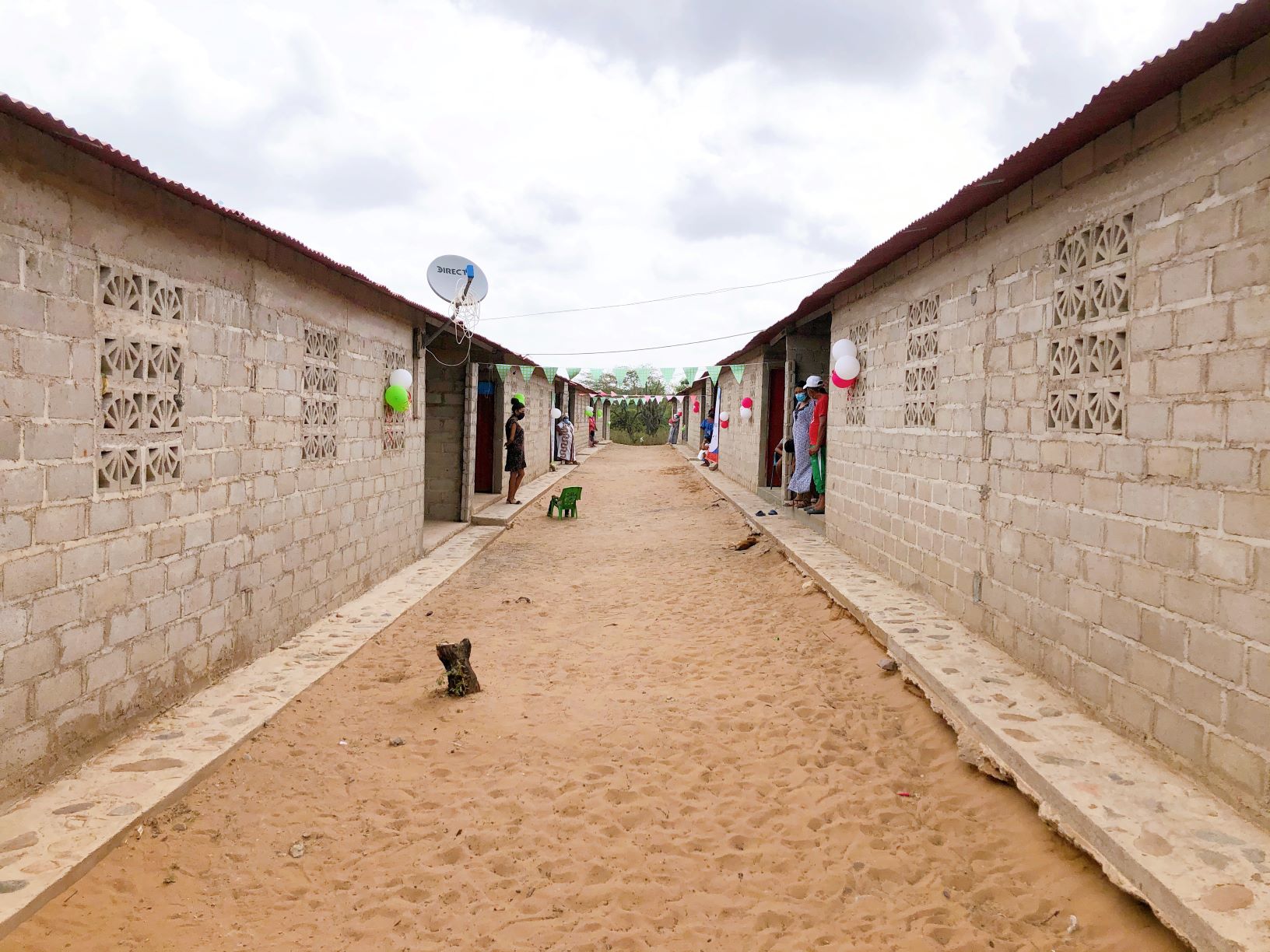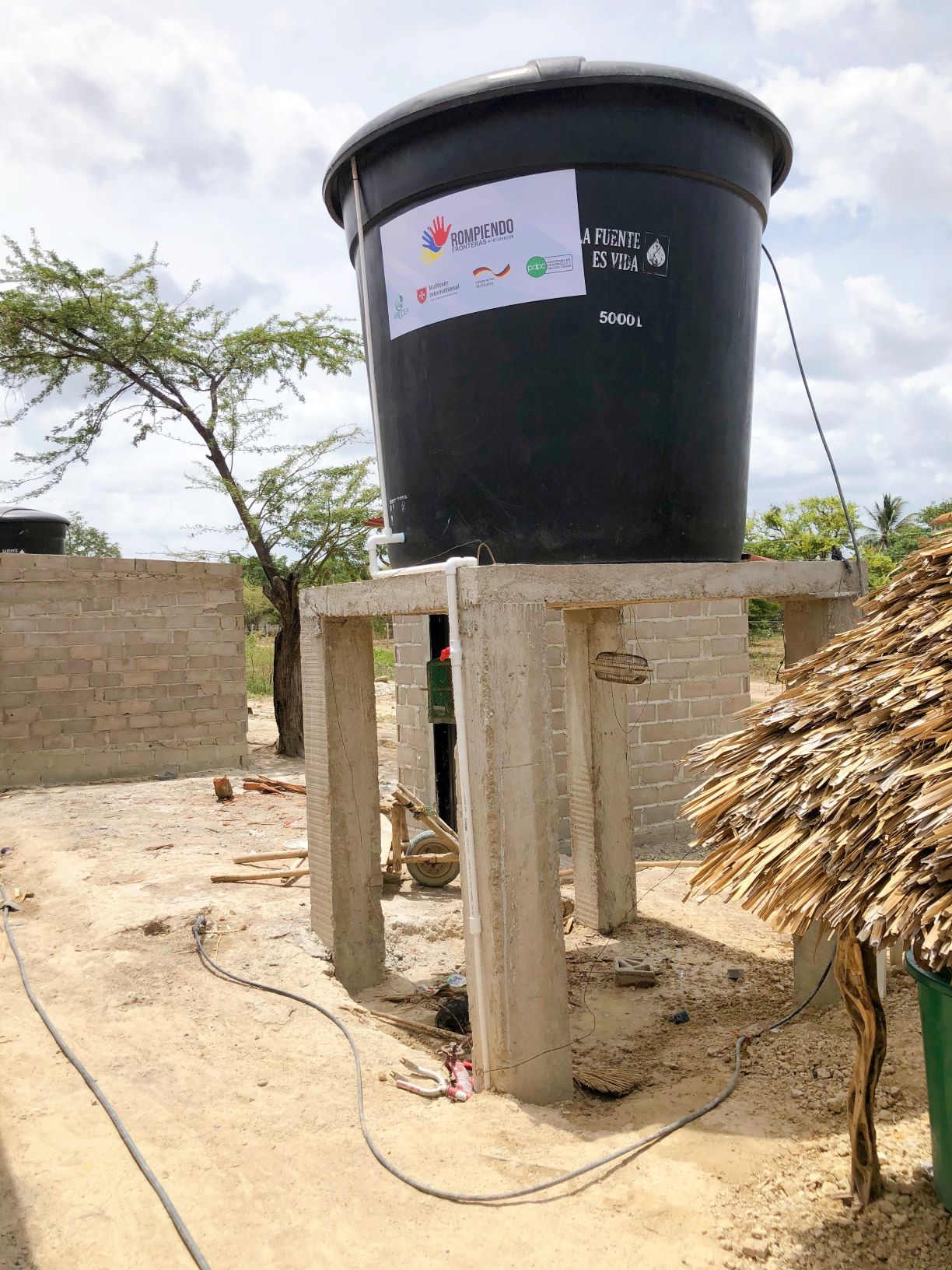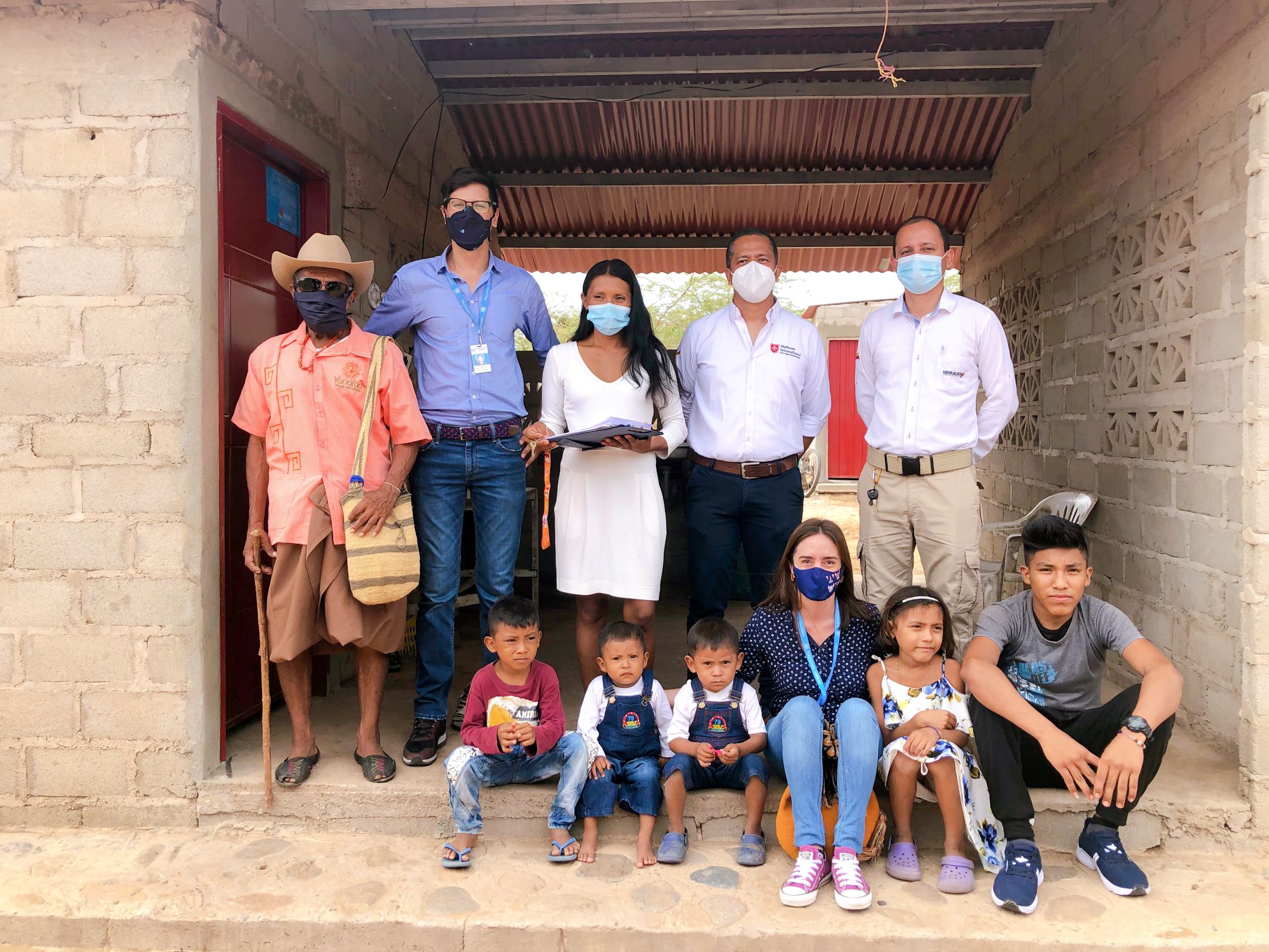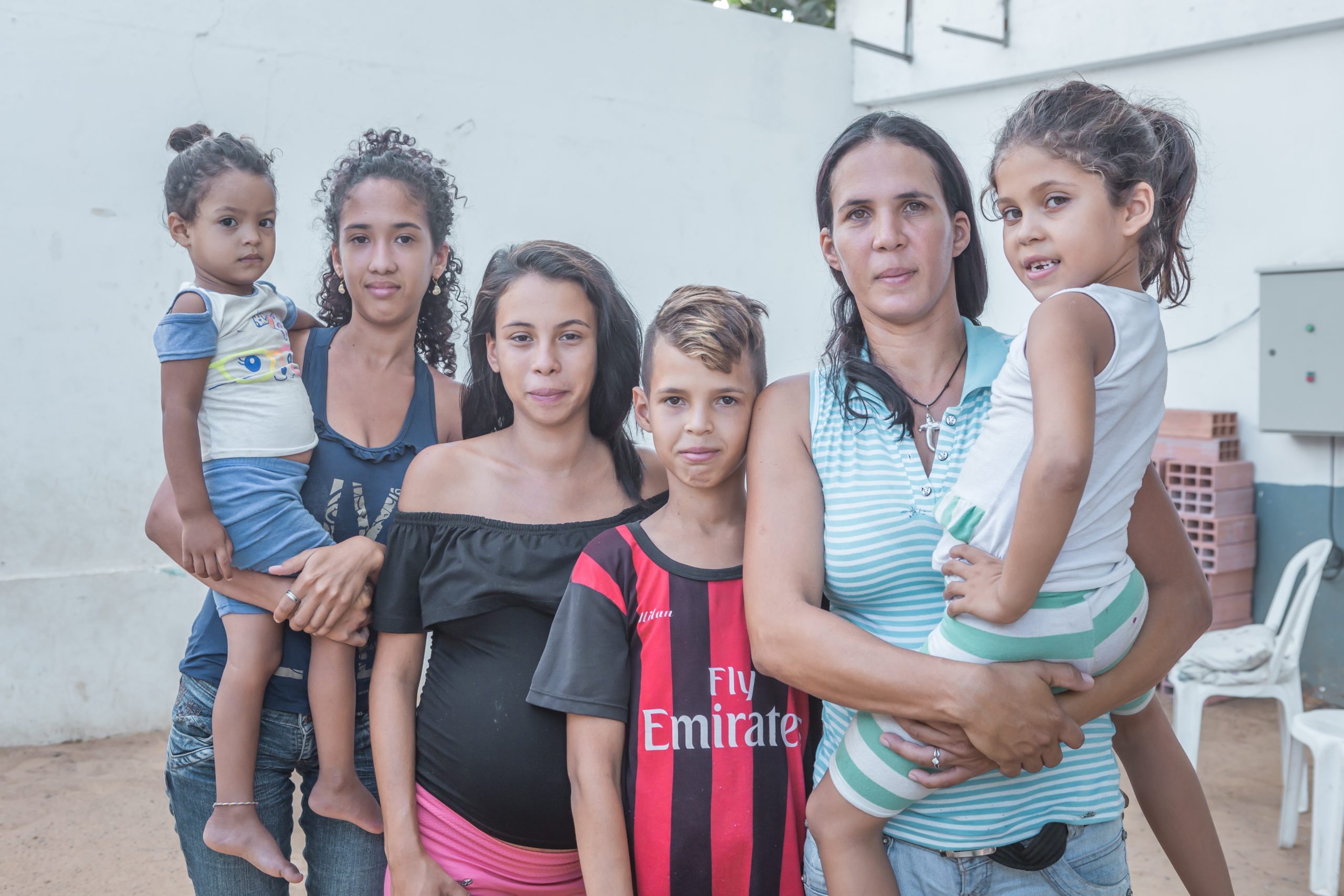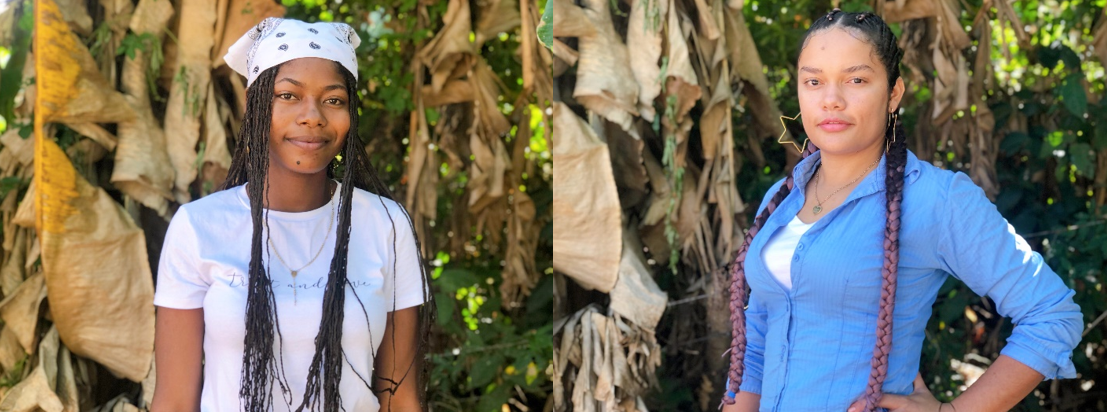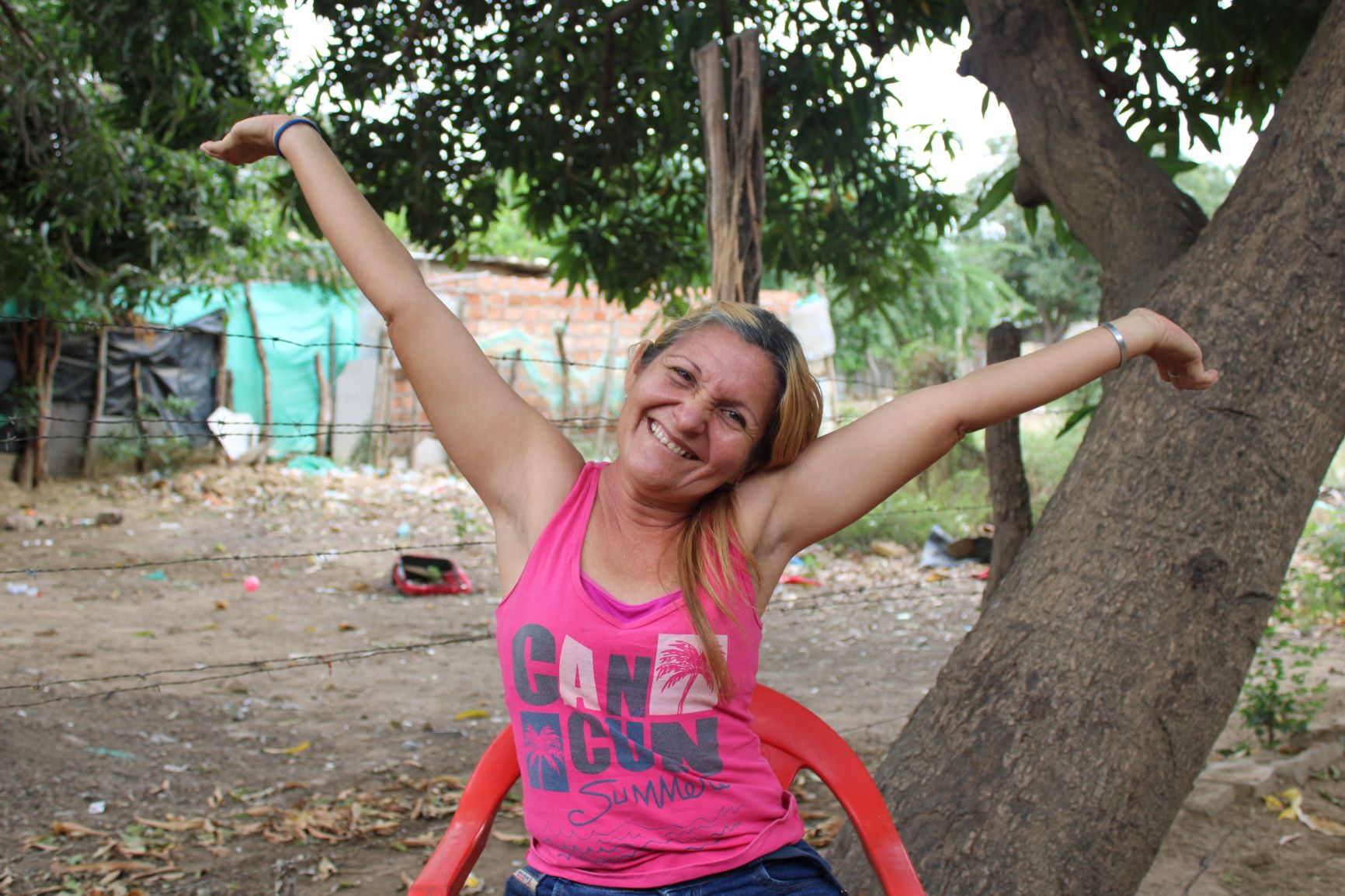South America
Handing Over the Keys to a New Future
This article was originally published in Spanish in El Heraldo, on June 9, 2021.
40 Wayuu returnee families now have their own homes in Colombia. They all received the keys to their new homes as part of the “Rompiendo Fronteras” or “Breaking Boundaries” project, an initiative aimed at promoting inclusion, and generating access to quality housing for migrant communities.
The keys were delivered by Malteser International Americas and their local partners from the Program for Development and Peace in Cesar (PDPC) and the Association of Biologists of the University of Atlántico (ABIUDEA).
One of the beneficiaries is Jorge Uriana, who along with his ten children, will now be able to sleep with a roof over his head and a dignified space in which to cook. He’ll also have a consistent supply of potable water, since the housing unit is equipped with reservoirs capable of holding up to 6,000 liters of water.
“We used to live in a shack made of sticks and plastic, but now we have a home, which we are very grateful for,” says Mr. Jorge. He had returned to Colombia four years ago.
The houses were built with a potable water system as well as a basic sanitation system. They are connected to a system of eight plastic tanks each capable of holding up to 6,000 liters of water. Four tanks adjoin each housing complex, where collection points are separate from the rest of the community, guaranteeing timely access to water and sustainable livelihoods.
Twenty of these homes were built in the community of El Pasito, a rural area on the outskirts of Riohacha. The traditional wayuu leader of the host community, José Vicente Cotes Ipuana, said “these houses were fundamental – we welcomed returnees as if they were members of our own community, but they needed their own space to be able to live their lives better.”
He did reiterate, however, that the state has forgotten them since they’ve been struggling with lack of potable water for quite some time.
Ricardo Tapia, country coordinator for Malteser International Americas, said one billion pesos (approximately $268,000 USD) were invested in the project, funded by the German Federal Ministry for Economic Cooperation and Development (BMZ).
“40 homes were built in the communities of El Pasito and Los Olivos (peri-urban and rural areas of Riohacha), and 40 were renovated. These homes are vital for the development, well-being, and the improvement in quality of life for migrant, refugee, returnees, and the wayuu populations from Venezuela,” Tapia added.
Further, the homes are built with environmentally friendly materials that are well adapted to the regions’ climate.
Each house measures 35m2 (approximately 376 ft2) and is made with traditional exposed brick. Built within all standard construction norms, the houses include a kitchenette, a social area, and a living room that will serve as the home’s private quarters.
The homes were designed as faithfully as possible to traditional wayuu living practices. For example, the houses don’t have windows, rather, they have openings as this is the standard in traditional wayuu homes.
One of the linchpins of the project is to foment a greater sense of community between returnees, refugees, migrants, and their host communities, thus, the homes are built in close quarters to facilitate this kind of integration.
Tapia also mentioned that the selection of the beneficiary families was done in conjunction with each community’s traditional leaders, the major requirement being that the family needed to have migrated from Venezuela, be a single parent, or belonging to the ethnic wayuu population.
At the official handover ceremony, representatives from Migracion Colombia (a state entity) were in attendance, as well as international representatives from GIFMM in La Guajira. Members of the community also assisted and were thankful for increasing the quality of life for several of its community members through this initiative.
